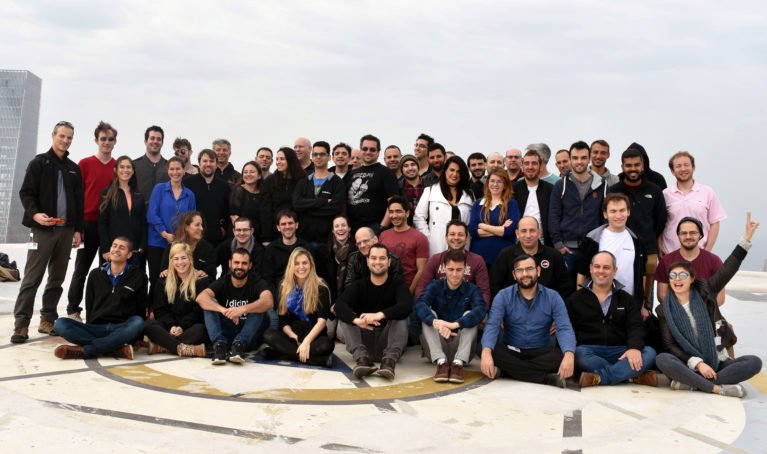
The malware and endpoint protection markets are heating up as companies look to dump oldschool antivirus software
Palo Alto-headquartered malware and cyber security SentinelOne announced on Wednesday the close of their Series C funding round, locking down $70 million in new fund. The round was led by Redpoint Ventures and included follow-on funding from previous investor and celebrity angel Ashton Kutcher’s Sound Ventures.
SentinelOne offers its customers their lightweight enterprise level endpoint protection platform (EPP), promising to replace the need for anti-virus alternatives. Sitting on the actual devices, ie. desktops and mobile, the company aims to provide their clients with real security against malware, a feat that they say traditional products are incapable of providing at this point.
Previous investors Third Point Ventures, Data Collective, Granite Hill Capital Partners, Westly Group, and SineWave Ventures are also reported to have taken part in the funding. UpWest Labs’ Shully Galili and Gil Ben Artzi also took part in SentinelOne’s early stage funding after taking part in UpWest’s accelerator project. Kutcher’s partner Guy Oseary also participated.
SentinelOne was co-founded in 2013 by CEO Tomer Weingarten, CTO Almog Cohen, and CSO Ehud Shamir. They maintain R&D offices in Tel Aviv.
In October 2015, the company came out with their Series B that pulled in $25 million, which was led by Third Point Ventures. This most recent investment brings the company up to a reported total raised of $110 million.

CTO Cohen describes their solution as a dynamic behavioral engine. Using a hybrid approach of rules set by the researchers, they use machine learning to monitor the system and understand when a malicious event may be underway. It does this by building a system state model of how the system is supposed to be, studying its entities, relationships, and processes.
They use their proprietary algorithms that Cohen explains as meta features to determine what behavior constitutes a potentially harmful event. If an attack is detected, the product can then automatically remediate the issue. Tracing back to the source, it fixes…

